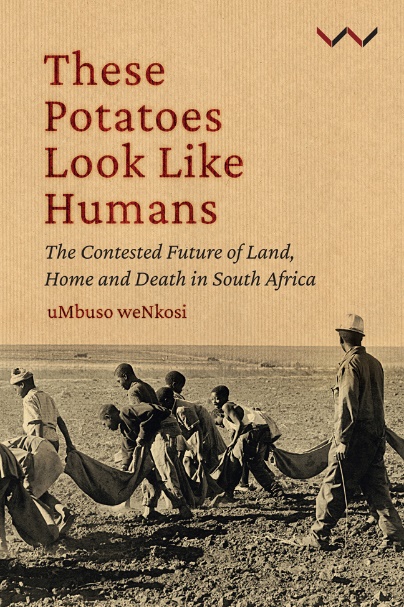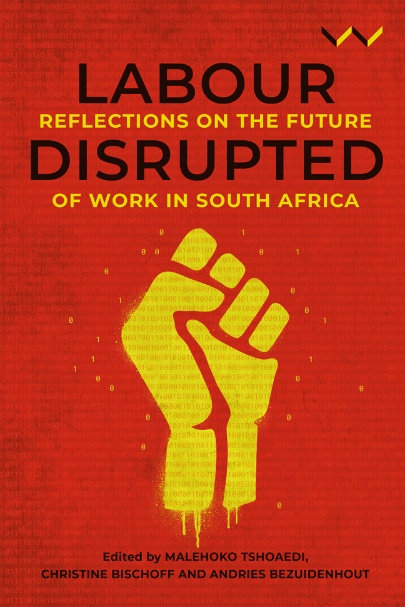
E-Book
These Potatoes Look Like Humans
ISBN : 9781776148424
Author : weNkosi
Publisher : Wits University Press
Year : 2024
Language : English
Type : E-book
Description : These Potatoes Look Like Humans offers a unique understanding of the intersection between land, labour, dispossession and violence experienced by Black South Africans from the apartheid period to the present. In this ground-breaking book, Mbuso Nkosi criticises the historical framing of this debate within narrow materialist and legalistic arguments. His assertion is that, for most Black South Africans, the meaning of land cannot be separated from one's spiritual and ancestral connection to it, and this results in him seeing the dispossession of land in South Africa with a perspective not yet explored. Nkosi takes as his starting point the historic 1959 potato boycott in South Africa, which came about as a result of startling rumours that potatoes dug out of the soil from the farms in the Bethal district of Mpumalanga were in fact human heads. Journalists such as Ruth First and Henry Nxumalo went to Bethal to uncover these stories and revealed horrific accounts of abuse and routine killings of farmworkers by white Afrikaners. The workers were disenfranchised Black people who were forced to work on these farms for alleged 'crimes' against National Party state laws, such as the failure to carry passbooks. In reading this violence from the perspectives of both the Black worker and the white farmer, Nkosi deploys the device of the eye to look at his research subjects and make sense of how the past informs the present.








